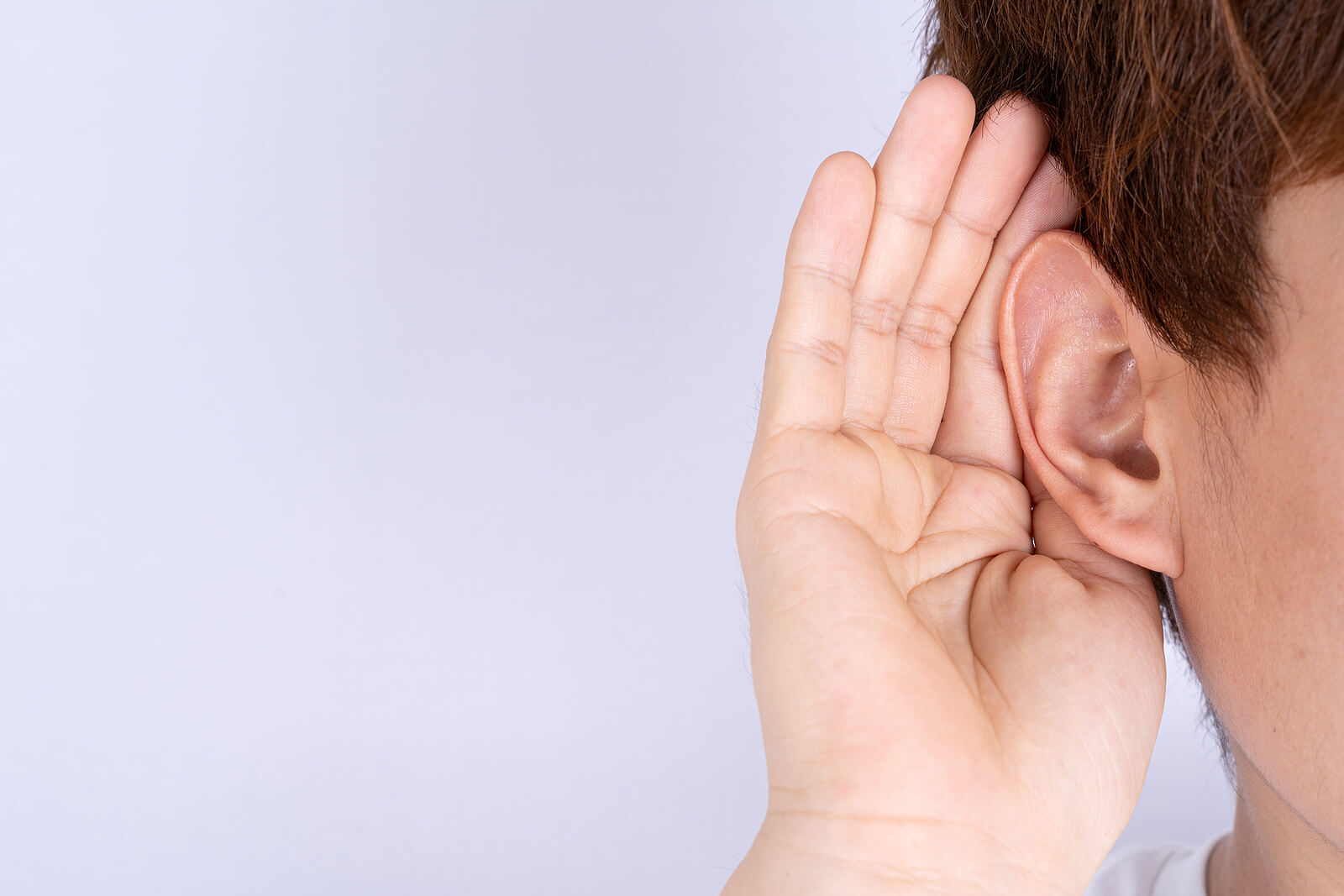I had assumed my hearing was 100 per cent until a recent routine hearing check revealed it’s good, but I ‘miss a few frequencies’ Missing a few isn’t unusual so I’m fine with that.
 You’re probably aware many animals like dolphins and whales hear lots more than we do. Elephants have brilliant hearing, detecting messages from each other at infrasound frequencies (far lower than humans can hear), even when separated by kilometres. Pigeons also hear infrasound – with their great hearing and exceptional navigation skills, they can detect distant storms, earthquakes, even volcanoes. Mice and rats’ hear at ‘high end’ ultrasound levels, far beyond human hearing. My dog seems tuned to hearing the note of my vehicle coming – he runs to wait expectantly at the door well before I’m home.
You’re probably aware many animals like dolphins and whales hear lots more than we do. Elephants have brilliant hearing, detecting messages from each other at infrasound frequencies (far lower than humans can hear), even when separated by kilometres. Pigeons also hear infrasound – with their great hearing and exceptional navigation skills, they can detect distant storms, earthquakes, even volcanoes. Mice and rats’ hear at ‘high end’ ultrasound levels, far beyond human hearing. My dog seems tuned to hearing the note of my vehicle coming – he runs to wait expectantly at the door well before I’m home.
Human hearing is important for communicating with those around us and for interacting with our environment. Hard to imagine this, but try anyway… a wife talks to her husband as he scrolls on his phone or reads the paper. Intermittently grunting, ‘yes dear’, his ‘divided attention’ means the sound of her voice is heard but he’s tuned out… oblivious to what she seeks to communicate.

Murray Smith
Here’s the important point… we hear things we are tuned into.
I read about two light aeroplanes approaching intersecting runways at an uncontrolled airport. One, was piloted by a student pilot with a flight instructor- the other, a Piper was flown by its pilot with one passenger. Both pilots later declared that they had announced their intentions on the airport’s published common traffic advisory frequency.
The student pilot under the flight instructor’s guidance was performing ‘touch and go’ landings and having touched down, was adding power to initiate another take-off when the left wing of the other plane, about to land, hit the tail of the student pilot’s aircraft.
The flight instructor had kept an eye out for the Piper aeroplane having seen it flying in the vicinity of the airport, but he never saw it in the airport traffic pattern – the Piper pilot never saw the student’s plane at all, until moments before colliding.
Post-accident analysis revealed the Piper’s transceiver was set to a different frequency.
Once set to the correct frequency, communication was clear. The Piper pilot’s failure to use the correct common traffic advisory frequency announcing his plane’s position was deemed the ‘probable cause’.
It’s possible to go through life tuned out… essentially, on the wrong ‘frequency’. The teachings of Jesus often included His admonishment, “He that has ears, let him hear.” Ears are a feature shared by all of humanity—to not have ears would be an unnatural occurrence. But there is a difference between having ears and having “ears to hear.”
To have ears, yet remain tuned out and unobservant of Christ’s instructions on how to do life, is like the pilot indisposed to the correct frequency – a matter of grave consequence.
Hearing well, involves more than the three structures of the ear working…the outer, middle and inner ear play pivotal roles in changing sound waves into signals that go to the brain. However, truly ‘hearing well’, means opening ourselves to God – then listening from the heart.








